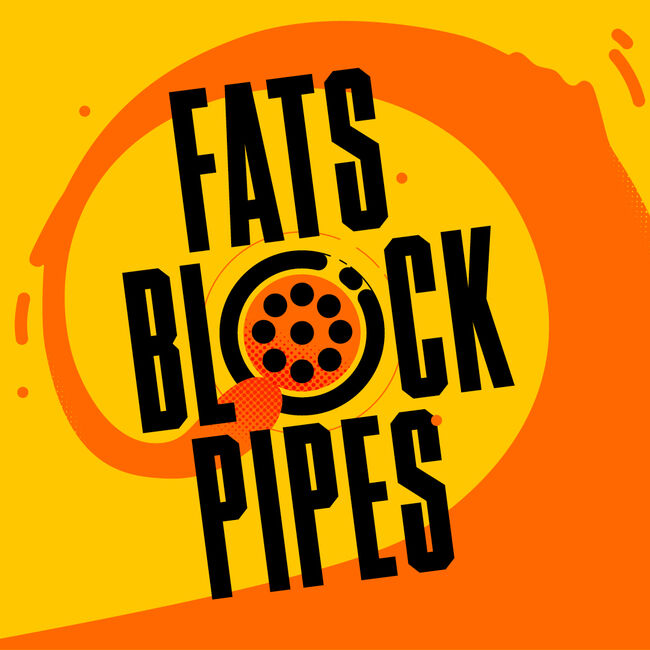News
For consultation: Codes for Adoption
In November 2017, Ofwat published a new “Code” which amended the regulatory regime for all water companies which operate wholly or mainly in England. In the Code, Ofwat considers that water companies, developers and self-lay providers are now best placed to develop a new suite of sector-led guidance documents that will further enable Customer focussed service delivery and housing growth. Water UK has established a programme of work to allow adoption Customers and water companies to collaborate on proposals for the future arrangements for water asset adoption. To ensure all stakeholders have a strong voice, the development of the new arrangements is overseen by an independently chaired group that operates separately from Water UK. The Independent Steering Group (“ISGw”) includes an equal number of representatives from Customers (both developer and SLP) and water companies (both NAV and regional water companies).
During June 2018, the ISGw developed more detailed proposals for the six key topics that are outlined in the first full public consultation. Wherever possible, responses before the 14 August 2018 would be particularly welcomed, as these will be used to inform the drafting work that is ongoing through the summer.
Because stakeholder feedback is important to us we are also accepting later responses from those stakeholders that are not able to respond during the school holidays.
To support the consultation process we are also carrying out senior stakeholder Q&A sessions for specific parts of the proposals throughout the summer and autumn. Our first session was held on the 7th August 2018, and the following aspects were highlighted:
1. A stakeholder was concerned that increasing the level of detail on the procedures could extend the process flow charts in a way that might deter developers from pursuing self-lay. Similarly the Connections Options content could also extend the self lay guidance.
2. Stakeholders confirmed that the service connections procedures are an important part of the market that is not yet covered by the proposed flow charts.
3. Stakeholders noted that individual water company approaches to service connection adoption are currently too diverse. Multiple stakeholders confirmed that standardisation is important in this area.
4. One Stakeholder wanted to see more clarity on the timing of payments.
5. One stakeholder wanted the operational arrangements for WIRS accreditation to be reviewed as part of the Codes programme.
6. Two stakeholders expressed the view that redress might be more effective at improving service if it included guaranteed penalty payments.
7. Two stakeholders questioned how the ISGw will reconcile potential differences of opinion when reporting the “broad consensus” to Ofwat.
8. One stakeholder wanted the programme to have a stronger mandate to increase the level of contestability on a national basis, and for water companies to objectively justify the remaining areas of non-contestable services.
9. One stakeholder expressed concern about the colours used in table 4.4.1 to represent the existing competency framework.
10. Once stakeholder proposed that the procedures could be colour-coded to clarify the basis upon which the water company is carrying out each task i.e. (1) the work is non-contestable; (2) the work is fully contestable but the Customer prefers that the water company provides it; (3) the work is sometimes contestable but the Customer and water company have not reached an agreement for the SLP to undertake that task.
All of the above have been added to the programme’s issues and opportunities log, and the owners of each area of guidance will explore each suggestion in detail. We plan to share our findings at the end of September.




